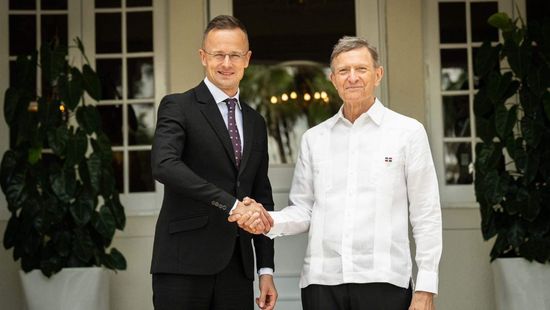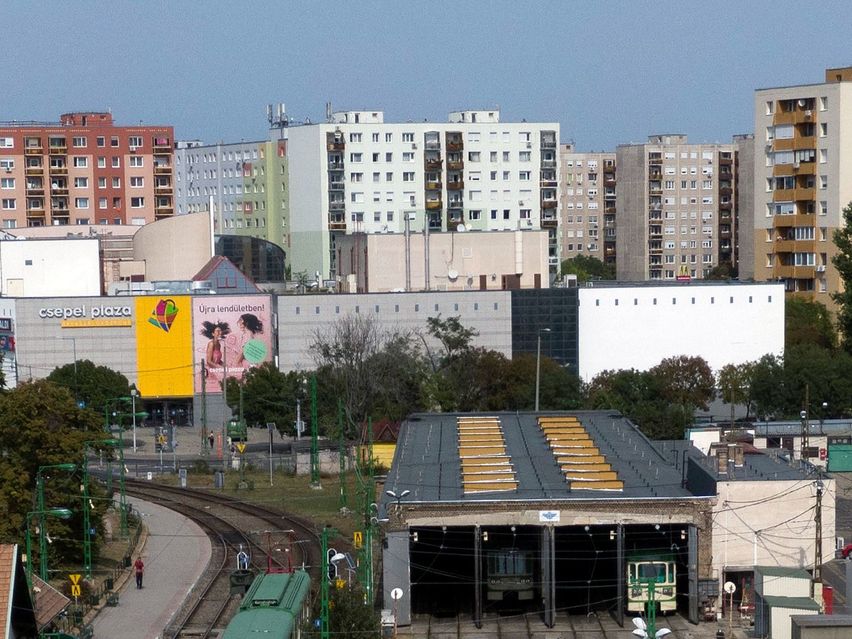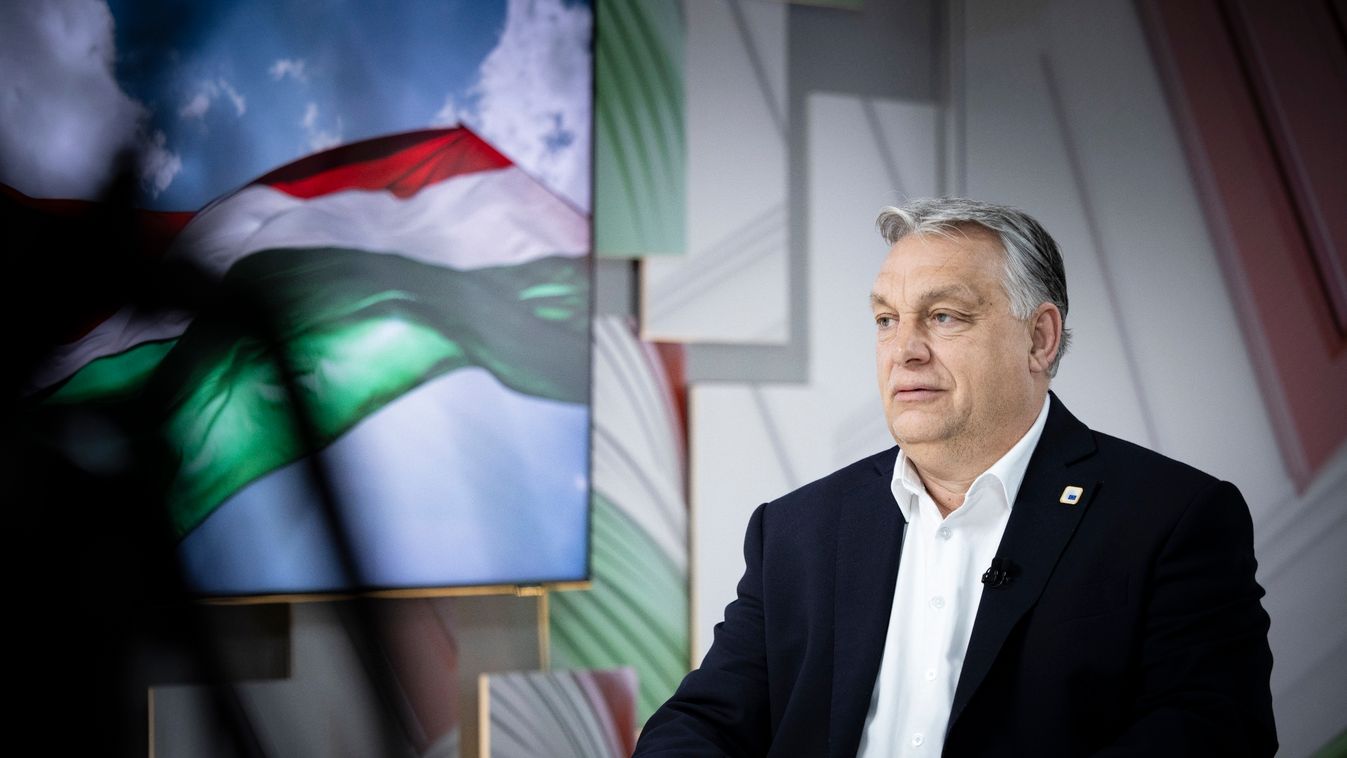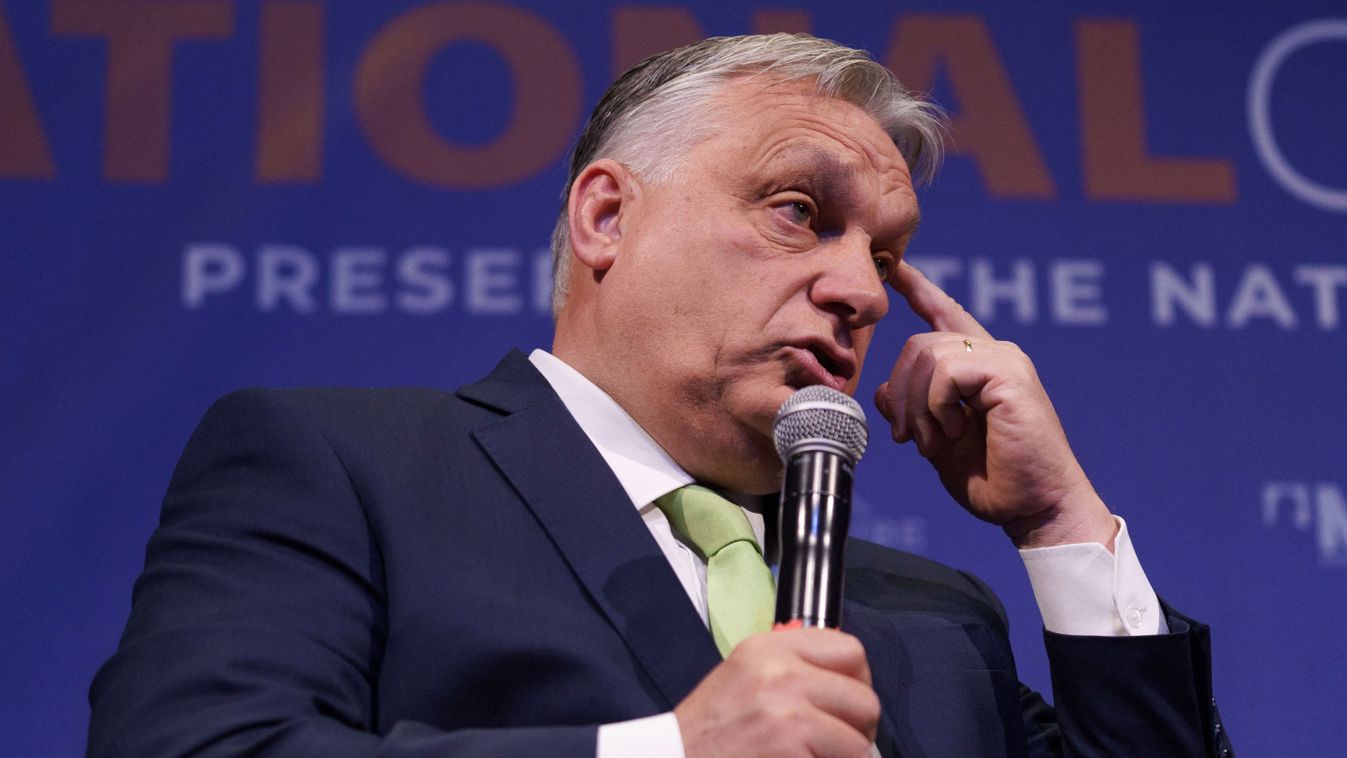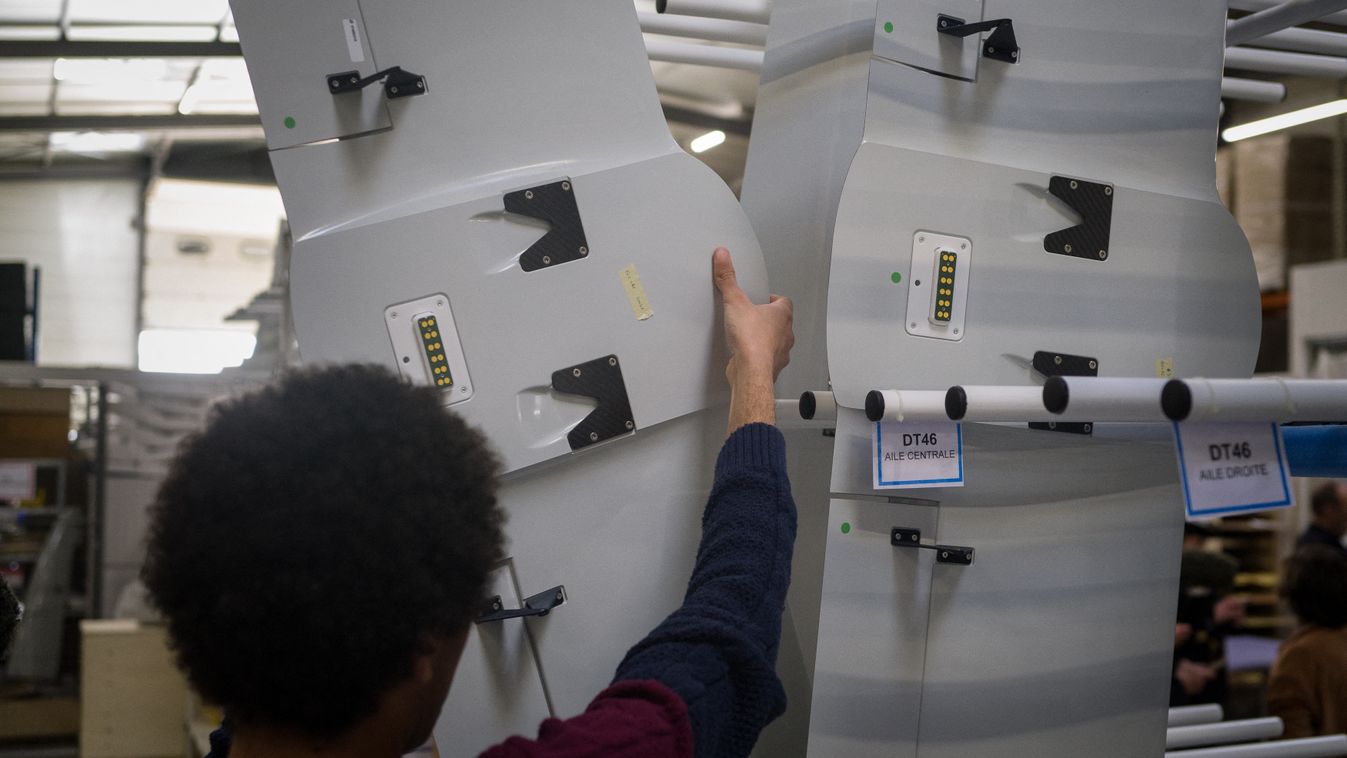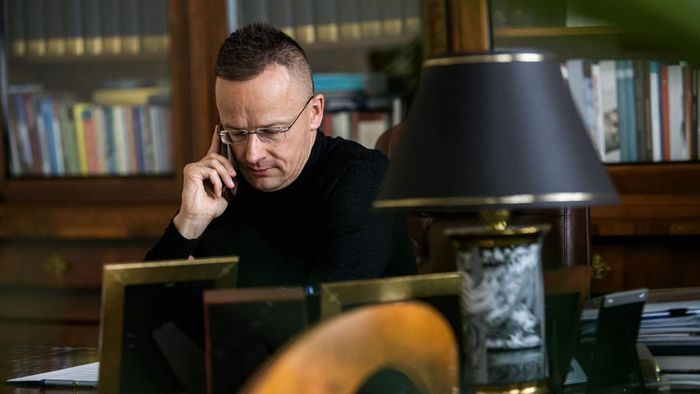– Many European Parliament (EP) group leaders want to have a pivotal part in the monitoring of the national recovery plans. Manfred Weber, Leader of the European People's Party, thinks that, aside from the bureaucratic perspective of the Commission, political elements are also needed. Meanwhile, liberal Dacian Cioloș spoke out in yesterday's debate that he was particularly curious about the Hungarian and Polish plans. How risky is it to continue politicizing the recovery after last year's rule of law clash?
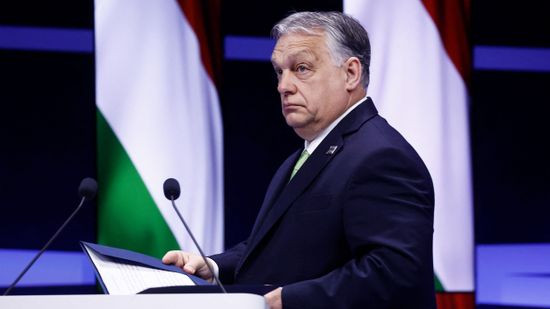
PM Orban: So Long As We Have a Patriotic Government, Hungary Will Not Go To War!
We must fight, we must protect the peace and security of the Hungarian people. We must protect our economic achievements, we must protect our families and especially our children. So that they also understand in Brussels: no migration, no gender, no war, Prime Minister Viktor Orbán said in his speech at Fidesz's campaign-launch event.




